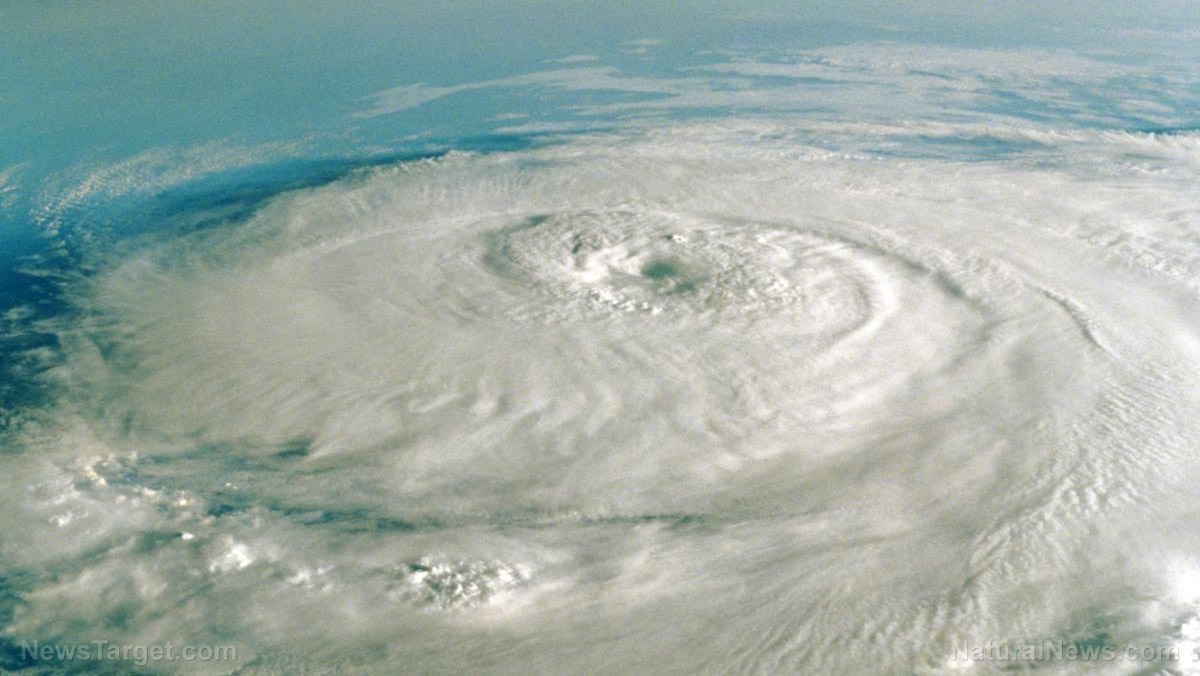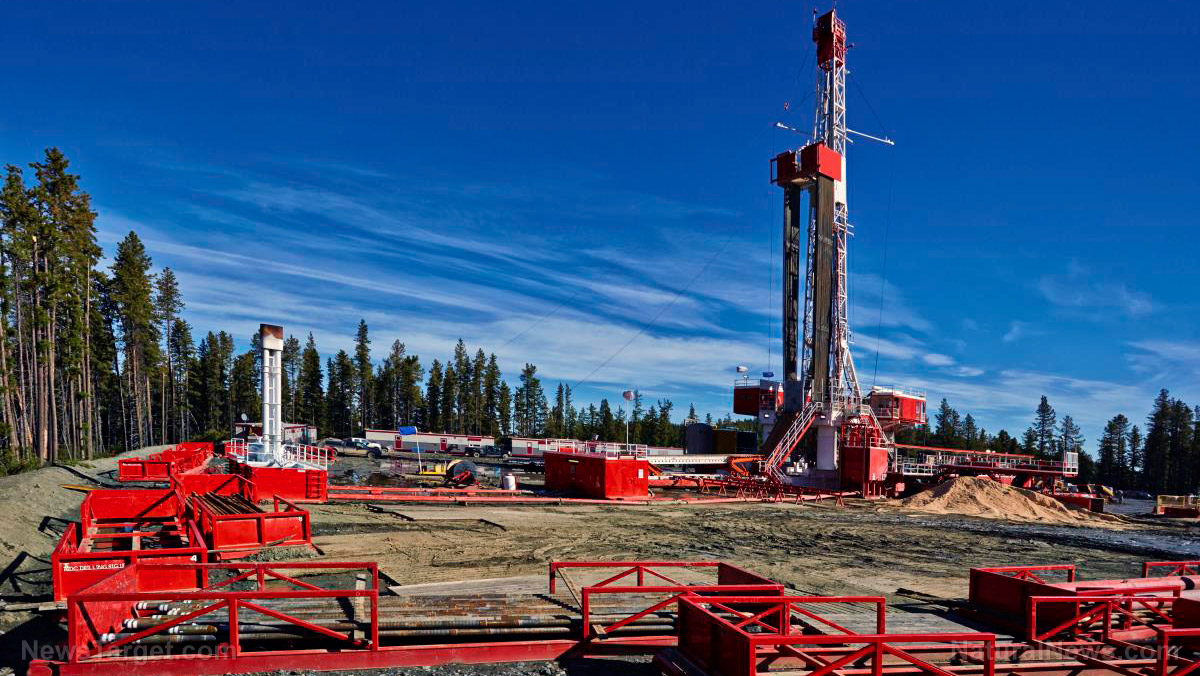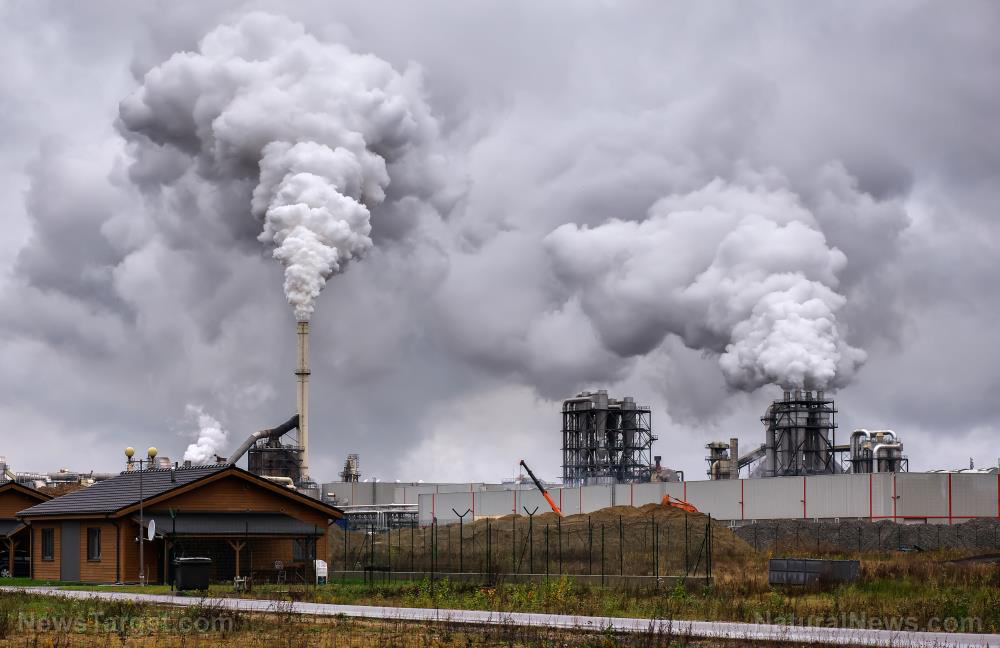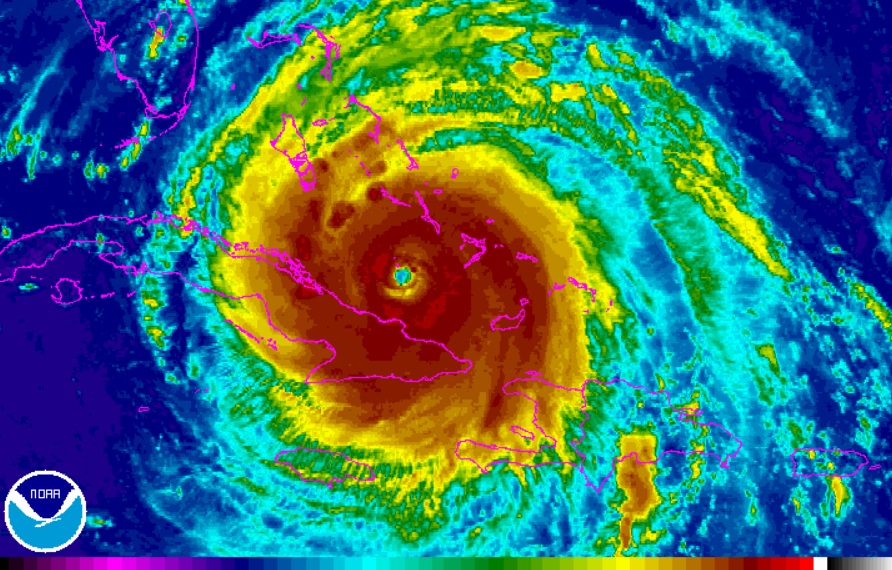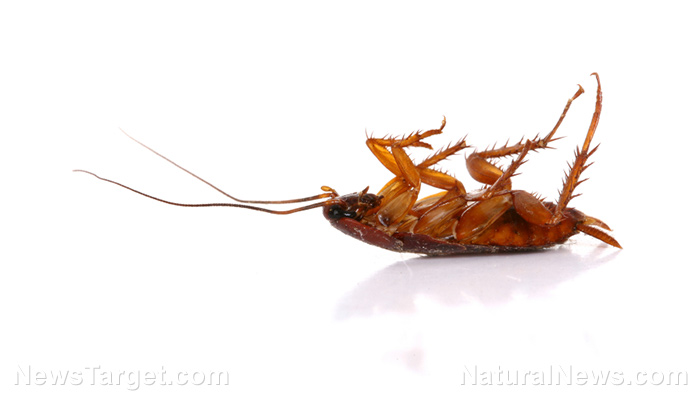New kind of drones designed to plant up to 100,000 trees per day
02/08/2018 / By David Williams

Drone technology has been surprisingly useful for many kinds of recreational purposes. But one Australian engineer has begun to unlock its potential to serve as an industrial-scale solution for the problem of rejuvenating and preserving the environment. Dr. Susan Graham, now a U.K.-based professional, has developed a type of drone that could plant up to 100,000 trees per day, thereby helping to solve problems created by deforestation and forest degradation. And she’s only getting started.
Dr. Graham is currently partnered with Lauren Fletcher, a former engineer at the National Aeronautics Space Agency (NASA) who is said to have worked on the search for life on Mars. She currently serves as the CEO of BioCarbon Engineering, where they are both working to push the newly-developed drone technology forward, aided by backing from one of the world’s largest drone manufacturers, Parrot.
The main motivation for the development of this new drone technology, according to Dr. Graham, is the apparent “net loss” of trees being incurred every year due to the difference between the rate of trees being lost and the number of trees being planted. It is said that the planet loses a total of about 15 billion trees per year — mostly due to the creation of new farmlands needed to feed the world’s ever-increasing population. “Although we plant about nine billion trees every year, that leaves a net loss of six billion trees,” explained Dr. Graham. “The rate of replanting is just too slow.”
With their drone-based solution, they see a future where it will be possible to plant up to one billion trees every year. Not only is the system of planting made possible by drones a lot faster, it’s also more efficient in that it’s able to point out locations that are suitable for trees to be planted in. In the words of Dr. Graham, their drone-based system is able to plant at “10 times the rate of hand planting” despite the lower overall cost. They are pushing it forth as a way to replace heavy equipment that are too slow in use for current replanting efforts.

The said technology is still being actively developed, but it’s well on its way to be a perfectly-working solution. For his part, Fletcher is contributing his vast expertise and experience which he earned while working at NASA. “I worked specifically on the intersection between biology and engineering on the life-sciences programs on the Space Station,” he said, “so this has given me a lot of knowledge of how you take smart, cutting-edge engineering systems and apply it to a biological system.”
To date, the team at BioCarbon Engineering has developed a firing drone which is meant specifically for the purpose of firing seeds for planting in pre-determined locations — after it has gone through a pre-determined path — as well as two other drones: a scanning drone and a seed-spreading drone. The scanning drone goes through possible land areas that can be covered and gathers information about them, while the seed-spreading drone was used specifically to rehabilitate some lands that were once used as coal mines.
According to Sofia Faruqi, a representative of the global research organization World Resources Institute (WRI), the Earth is quickly running out of so-called arable land. This is a situation that needs to be turned around as quickly as possible in order to achieve a level of food production that’s adequate for the number of people currently living on the planet. “The way we plant trees today is very similar to how we planted them hundreds of years ago,” she lamented. “So there’s major room for innovation in increasing the success rate of tree planting and also in improving the maintenance and monitoring of the restored land.”
The technology may not be perfect, but drones might be the ideal solution for this global problem.
Read more about how drones and robotics are used to find interesting new solutions to old problems in Robotics.news.
Sources include:
Submit a correction >>
Tagged Under:
deforestation, drones, Ecology, environ, environment, forests, future tech, nature, reforestation, tree cutting, Tree Planting, trees
This article may contain statements that reflect the opinion of the author





